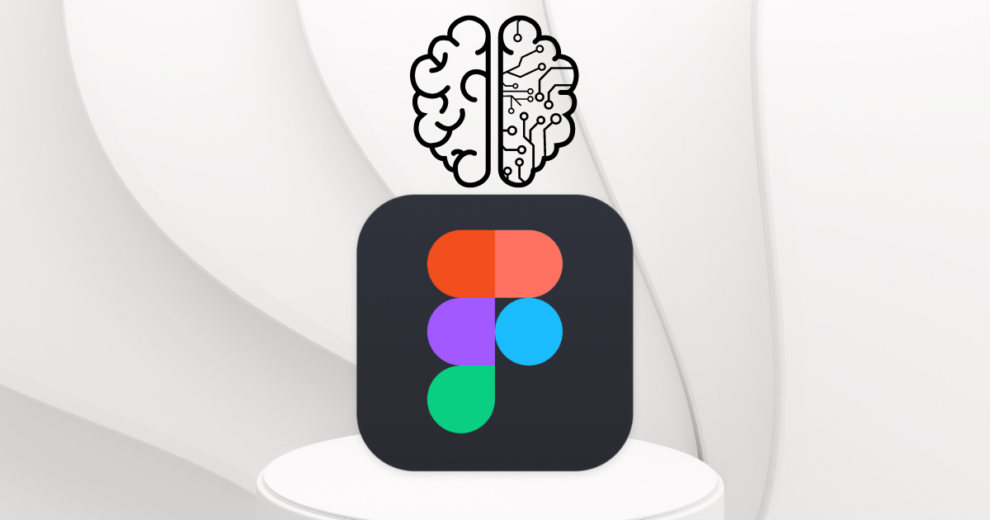Figma recently faced significant backlash following the launch of new AI-powered features in its FigJam platform. Critics accused the design software of closely imitating Apple’s distinctive design approach. This controversy has led to Figma’s decision to retract these features to reassess their design strategy.
Overview of Figma’s AI Integration
FigJam, Figma’s collaborative whiteboard tool, introduced several AI features aimed at enhancing productivity for non-designers and reducing repetitive tasks for seasoned users. These included the ability to generate diagrams, templates, and summaries from simple natural language prompts, which significantly simplified user interaction and improved accessibility.
Criticism and Comparison with Apple
The criticism centered around the visual style and functional elements of these tools, which many felt bore a striking resemblance to Apple’s design aesthetic. Apple is known for its clean, functional design, which Figma seemed to emulate closely in its AI features. The backlash was swift, with many in the design community and beyond accusing Figma of “ripping off” Apple’s design philosophy.
Figma’s Response and Action
In response to the outcry, Figma opted to pull the questioned AI features to review its design process and ensure its products maintain originality and respect for intellectual property norms. The company emphasized its commitment to innovation while acknowledging the importance of distinctiveness in design.
Industry Impact and Future Implications
This incident has sparked a broader discussion within the tech and design industries about the fine line between inspiration and imitation. For Figma, this is a pivotal moment to reassess its innovation strategies, particularly in how AI integrates with design without overstepping competitive boundaries. The company’s actions moving forward will be closely watched, with an emphasis on developing unique solutions that reflect Figma’s creative ethos rather than echoing that of others.








